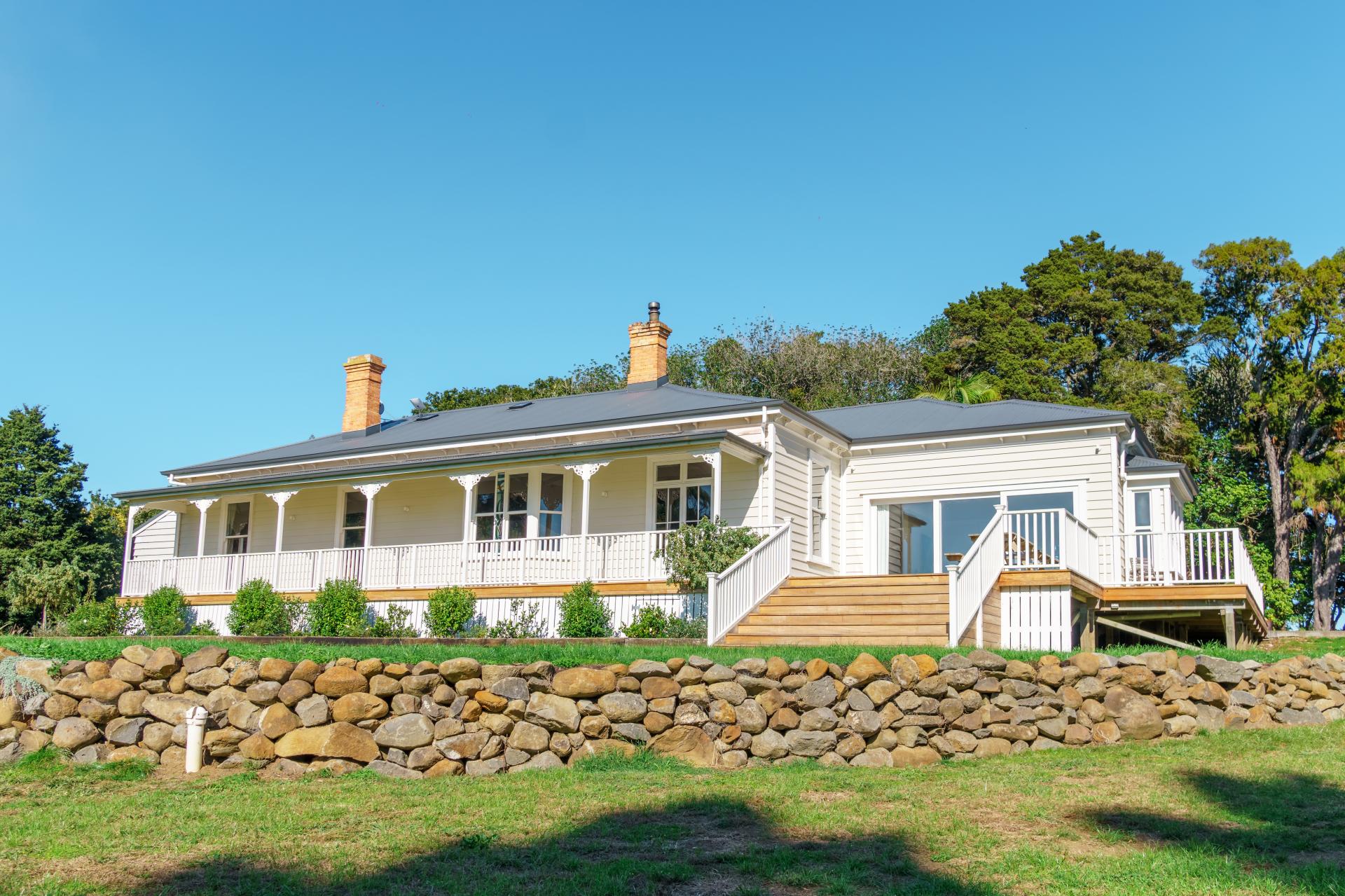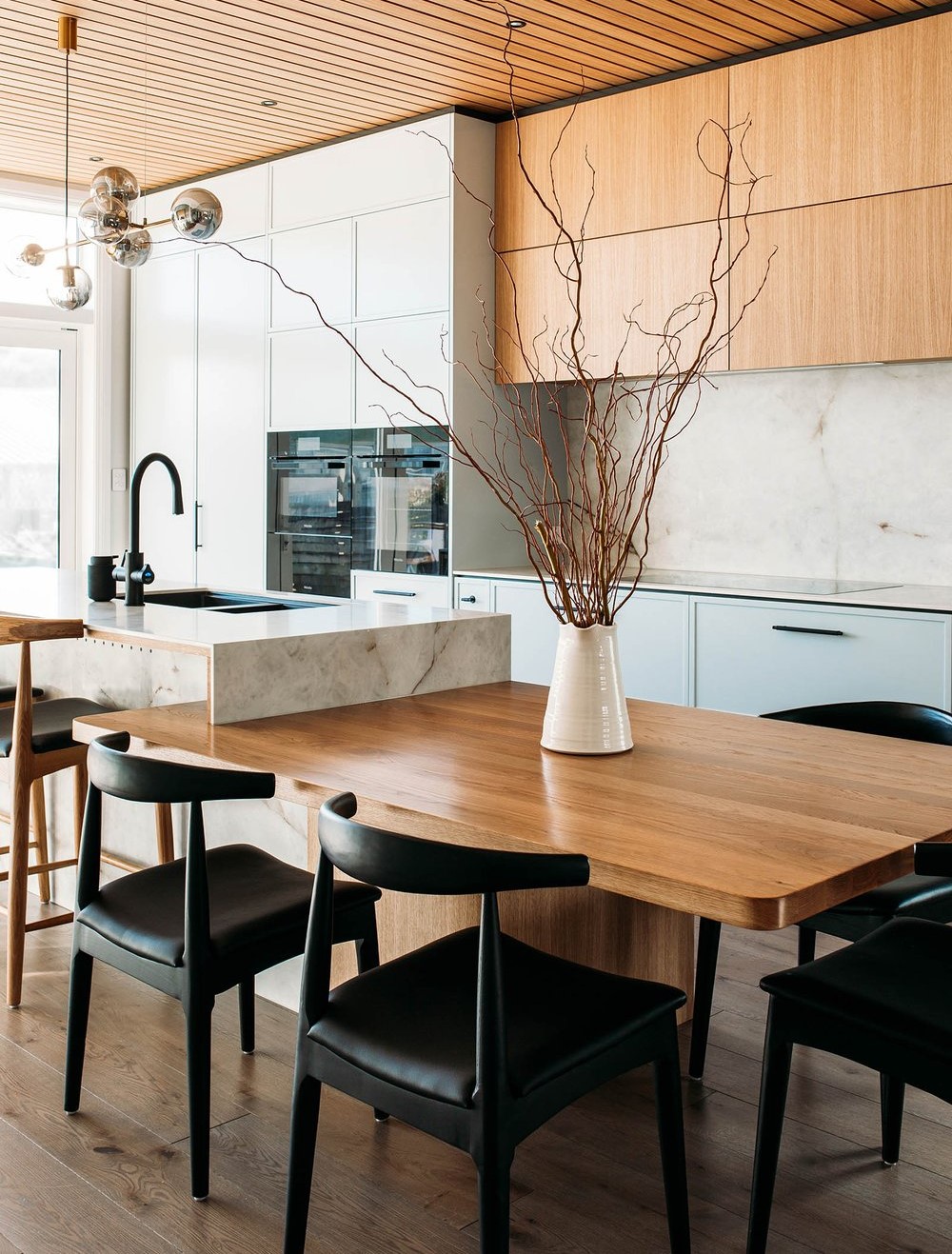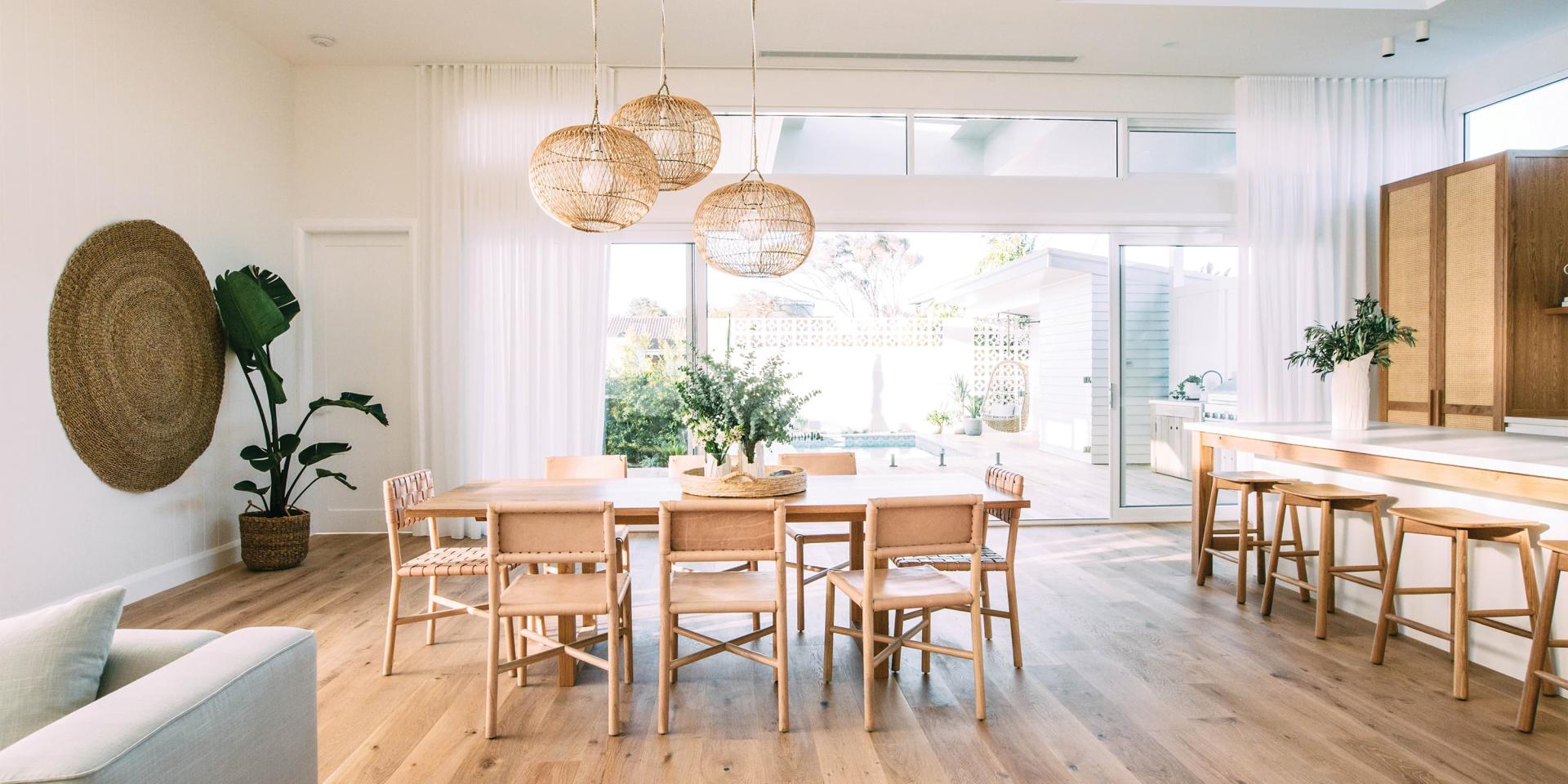An interview with Steph Martin from S.A.S Builders
Written by - ArchiPro Editorial Team
Character home renovations are a completely different kettle of fish to modern homes and need a specific skillset, knowledge base and experience to avoid budget and timeline blowouts. Here are the key things to know before renovating a character home.
Character homes are distinguished by their hardwood construction, typically dating back to pre-1940s and are adorned with intricate, ornate features rarely seen in modern dwellings. These homes exude a sense of craftsmanship and heritage that sets them apart, making them coveted pieces of architectural history.
“Renovating homes like this is uniquely challenging, as they are often built using timbers that are no longer available or hard to find,” shares SAS Builders’ Steph Martin. “They are very rarely square in any way, so even installing a simple vanity or laundry bench can throw some curveballs our way as nothing quite ‘fits’ as easily as in a new build or more modern home.”


Central to the renovation of character homes is the preservation of their unique architectural features. Large timber windows, ornate fireplaces, and native timber floorboards are not just aesthetic elements but integral components of the home's charm.
“We see a lot of large sash windows, which while they are stunning and work well in the right conditions, many have been nailed shut and painted over, making renovating them extra time-consuming,” shares Martin. “However, when they are fully functioning, they allow fantastic airflow throughout the home in a way that we don’t see as much in newer builds.”
Martin encourages homeowners to consider retaining and restoring these original fixtures, breathing new life into their historical significance. Floorboards are a particularly important element of a character home’s history, and given the prohibitive expense of installing new hardwood floors, it makes sense to restore them.
“Floorboards are generally a real highlight and add a lovely warmth to the look of the home. They are usually milled native timber such as kauri, rimu, and matai, and are often very wide and long, which means a lot less joins in the flooring, creating a look that is almost impossible to replicate today.”
While honouring the past is paramount, integrating modern amenities is essential for enhancing liveability. Updating light fixtures, renovating kitchens and bathrooms, and incorporating technological advancements can bring character homes into the 21st century without compromising their historic appeal.
“Simple things like underfloor heating under new tiles, or bathrooms with modern layouts, tiled showers, kitchens with all the modern features one could wish for are great ways to bring the home into the future without leaving the past behind,” shares Martin. “By incorporating high-performance windows that retain the home's original style, a character home can be much warmer, with modern touches that don’t impact on its historical charm.”
Striking a harmonious balance between preserving the original character of a home and adapting it to meet modern lifestyle needs is a delicate endeavour. By prioritising functional upgrades in key areas while retaining the charm of historic spaces, homeowners create cohesive living environments that seamlessly blend old and new.
Renovating character homes also presents an opportunity to embrace sustainable practices. Salvaging materials from demolitions, and repurposing items through initiatives like The Repurpose Project, which was established by SAS Builders in 2023, allows builders to salvage materials, sell them or give them away, and distribute the proceeds to charities.
“This process means the homeowner has slightly fewer costs due to not having to put a whole kitchen into a skip bin; another person gets a kitchen they can utilise elsewhere, and a charity gets a much-needed donation. It’s a win/win situation for everyone involved and we find a lot of our customers love that their renovation will directly impact local charity groups and help within their communities.”


Renovating character homes often comes with higher labour costs and longer timelines compared to modern properties. Specialised carpentry work, unforeseen structural challenges, and the need to source period-appropriate materials all contribute to the complexity of the renovation process.
“Working with native New Zealand timbers like rimu or kauri requires a skilled hand. These timbers are incredibly dense and demand hand-nailing, making them unsuitable for nail guns commonly used in modern construction. This specialised carpentry work can often end up incurring higher labour costs as it takes a lot more time to complete.
Structural quirks behind the walls can create unexpected additional work, impacting the budget and changing the expected timeline. Given these factors, hiring a specialist building company that has experience renovating character homes in New Zealand is crucial.
“Our expertise in dealing with native timbers, potential surprises behind walls, and sourcing period-appropriate materials will not only save you money in the long run but also ensures a historically sensitive and high-quality renovation that respects the unique heritage of your home.”
